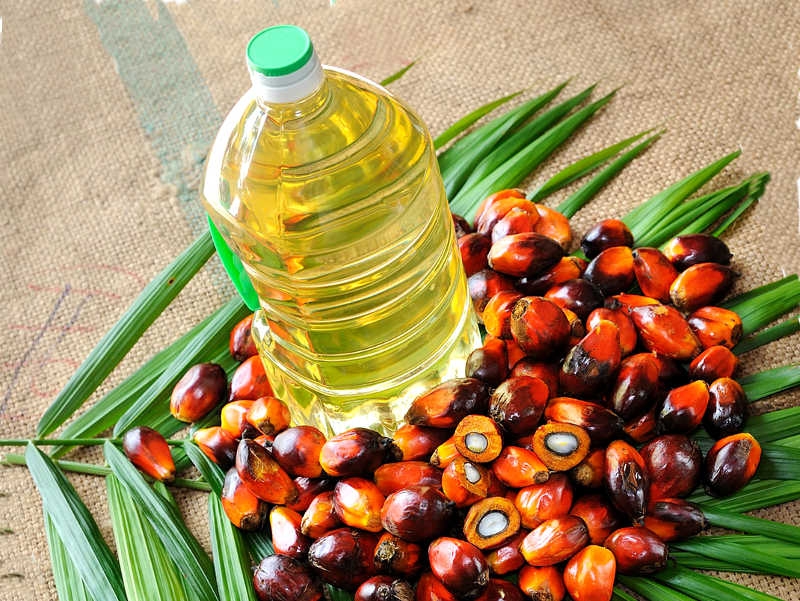Sustainable palm oil production is in Malaysia’s hand

With Russia’s invasion of Ukraine constricting the global supply of edible oils, demand for palm oil has spiked. But as the war continues, supply remains uncertain. Indonesia’s export ban on crude palm oil, palm kernel oil and cooking oils added further strain.
Indonesia’s export ban was initiated in April 2022 to bring down persistently high domestic prices that have been on an upward trajectory since mid-November 2021. Although Indonesia lifted the export ban on 23 May 2022, exporters and traders are awaiting clarity from the government concerning exporting rules. Malaysia aims to take advantage of the global edible oil shortage and regain its market share of palm oil. It is considering lowering its 8 per cent export tax on palm oil to boost exports.
But the broader impacts of rising inflation on palm oil production costs must be better considered — particularly their disproportionate effect on smallholders who produce 40 per cent of Malaysia’s palm oil output.
While increasing palm oil exports may provide higher revenue for producers, the cost of fertilisers and agrochemicals has increased in Malaysia, exacerbated by the global shortage of fertilisers caused by Western sanctions on Russia. Though global palm oil prices are expected to ease from their record highs with Indonesia’s export ban lifted, the costs of fertilisers and agrochemicals is likely to remain high, particularly as the Russia–Ukraine conflict continues. This makes easing cost woes for smallholders a policy priority.
Another concern is that Malaysia lacks the infrastructure to retain any market share it gains in the short term. Across Peninsular Malaysia, land for palm oil expansion is limited in availability as most areas have already been planted and urban development is prioritised. Sarawak and Sabah are still growing their plantations at around 1.58 million hectares and 1.54 million hectares respectively. However, the only Malaysian state rapidly expanding palm oil plantation areas is Sarawak.
Given Malaysia’s heavy reliance on manual labour for palm oil palproduction, the ongoing labour shortages following two years of COVID-19 lockdowns will hinder Malaysia from capitalising on newfound market opportunities, let alone sustaining output.
Malaysia simply cannot compete with the volume of Indonesia’s palm oil production. Indonesia accounts for 56 per cent of global palm oil production, while Malaysia’s relative lack of available land and manpower means it accounts for 31 per cent. So, Kuala Lumpur is unlikely to transform its interim market share into long-term gains.
Malaysia’s only competitive edge over Indonesia is based on its progressing efforts to support sustainable palm oil production. Sustainability commitments are important because widely reported deforestation, forced labour and land grabbing issues pose a reputational risk to the palm oil sector.
Environmental disclosures and sustainability reporting practices have become internationally common. Such corporate practices will be further entrenched once the European Union approves proposed legislation to promote a deforestation-free supply chain, potentially increasing external demand for certified sustainable palm oil sold at a premium. India and China will soon implement sustainability requirements to secure EU and US market access for their own final palm oil-based products.
Certification schemes may also come in handy for companies conducting sustainability reporting. Examples include the Roundtable on Sustainable Palm Oil (RSPO), a transnational voluntary scheme that certifies sustainable palm oil, and the Malaysian national scheme, Malaysian Sustainable Palm Oil (MSPO).
Among Malaysian states, Sabah has taken the lead in driving both MSPO and RSPO certifications for the state. Sabah intends to use the MSPO standard to prepare the groundwork for RSPO jurisdictional certification, a process that may lead to more international recognition.
Under Sabah’s jurisdictional approach, certification goes beyond the standard production process by bringing together government, private sector and civil society to create partnerships at the state level. Scaling up will also allow Sabah to cover forest and watershed conservation beyond the palm oil plantation area, and to pitch itself to a growing green finance market.
The jurisdictional approach aims to align governments, businesses, NGOs and other stakeholders to the goal of conservation and sustainability. Sabah can look at all the issues with a multistakeholder approach, including capacity building for smallholders. It is impractical to expect medium-sized growers and smallholders to pursue certification independently — especially given high adjustment and verification costs.
Sabah’s efforts to produce palm oil outputs to RSPO standards are hoped to lead other Malaysian states to take up similar approaches. Sabah may be smaller than other key plantation states such as Sarawak, but it is still relevant enough to project influence.
Jurisdictional approaches to sustainable production are not without their challenges, particularly given the complexity of moving certification from a production process to the state level. But while a significant mindset shift is still needed, the overall policy direction gives confidence that progress is being made.
Read also
Wheat in Southern Brazil Impacted by Dry Weather and Frosts
Oilseed Industry. Leaders and Strategies in the Times of a Great Change
Black Sea & Danube Region: Oilseed and Vegoil Markets Within Ongoing Transfor...
Serbia. The drought will cause extremely high losses for farmers this year
2023/24 Safrinha Corn in Brazil 91% Harvested
Write to us
Our manager will contact you soon



